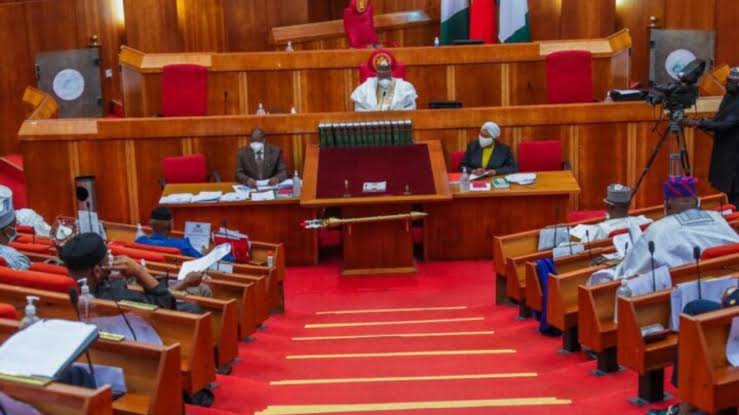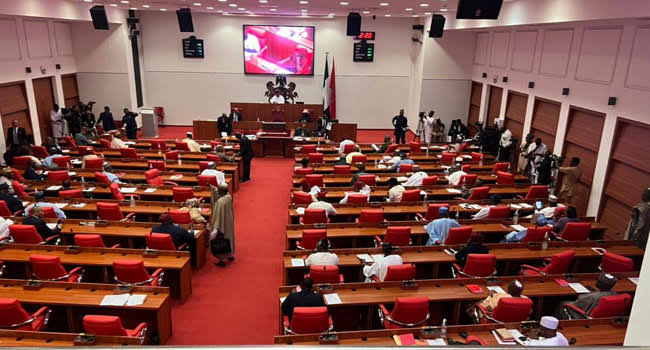On Wednesday, the Nigerian Senate passed a bill to increase the percentage of loans the Central Bank of Nigeria (CBN) can provide to the Federal Government. This change raises the credit facility from 5% to 10%.
Why It Matters
These loans, known as Ways and Means, are short-term financing options the CBN offers to help the Federal Government cover budget shortfalls. The Senate amended the CBN Act to make this increase possible.
The bill was considered during a plenary session, where it was read for the first time. Senate Leader Opeyemi Bamidele explained that the executive bill aims to help the government meet its growing financial needs. This increase is meant to cover budget deficits and other expenses.

What They Are saying
Bamidele emphasized that the loans would provide immediate funds to address budget shortfalls, finance essential government expenditures, and maintain financial market stability by preventing government defaults. He also mentioned that injecting these loans into the economy could stimulate economic activity, create jobs, and support critical sectors like agriculture, healthcare, and infrastructure development.
Additionally, Bamidele noted that the loans would reduce the government’s borrowing costs by providing cheaper funds compared to traditional borrowing methods. He and his colleagues argued that increasing the margin from 5% to 10% was necessary for economic development. They stressed the importance of monitoring capital projects to ensure that the funds are used appropriately for infrastructure and legacy projects.
Bottom Line
After consideration by the Committee of the Whole, the bill passed its third reading. President Bola Tinubu is expected to sign the amended bill into law.














